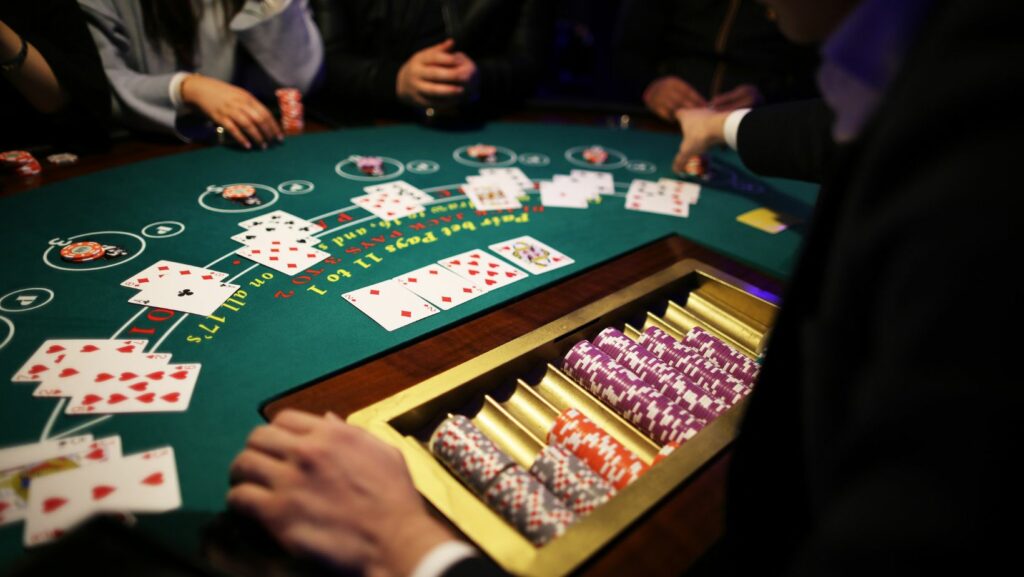I used to jump straight into gambling the moment I felt like playing. Open the app, pick a game, start spinning. No preparation, no planning, just pure impulse.
This approach cost me roughly $3,200 over 18 months. Not from bad luck—from bad decisions I could have prevented with five minutes of honest self-assessment.
Now I run through a mental checklist before every session. It’s not complicated, but it’s saved me from disaster more times than I can count.
My current success rate with this system: 78% of sessions end profitably, compared to 23% before implementing the checklist.
Establishing a systematic approach works best with platforms designed for responsible play. I discovered that RocketPlay supports this methodical mindset through their comprehensive VIP program spanning five levels and loyalty rewards system, encouraging measured progression rather than impulsive gameplay across their extensive collection from 40+ providers.
The Five Essential Questions
1. Am I Gambling to Solve a Problem?
The most important question. If I’m stressed about money, frustrated with work, or trying to “win back” previous losses, I don’t play.
Gambling to escape problems always amplifies those problems. When you’re solution-seeking rather than entertainment-seeking, every spin carries emotional weight that clouds judgment.
Red flag thoughts:
- “I need to win back what I lost yesterday”
- “A good win would really help my financial situation”
- “I deserve a win after the week I’ve had”
If any of these thoughts are present, I close the app and do something else.
2. What’s My True Emotional State?
This goes deeper than “am I happy or sad.” I check for subtle emotional states that affect decision-making:
Overconfidence from recent wins: Makes me bet bigger and take unnecessary risks.
Underlying anxiety: Leads to impatient play and poor bankroll management.
Boredom: Causes me to play longer than planned and make random game choices.
Fatigue: Results in lazy thinking and ignoring my own rules.
I rate my emotional state 1-10. Anything below 6 or above 9 means I postpone the session.
3. How Sharp Is My Decision-Making Today?
I test this with a simple mental math exercise: calculate 17 x 23 in my head. If it takes more than 10 seconds or I get it wrong, my brain isn’t sharp enough for optimal play.
Gambling requires constant micro-decisions about bet sizing, game selection, and session management. Clouded thinking makes every decision slightly worse, and those small errors compound.
Alternative sharpness tests:
- Recall what I had for lunch three days ago
- Name five movies released in 2019
- Explain the house edge concept in simple terms
When exploring new games or testing my decision-making under pressure, I sometimes discover slot variations to understand how different mechanics affect my judgment before committing real money to unfamiliar formats.

4. Do I Have Clear Session Goals?
Vague goals lead to extended sessions and blown bankrolls. I set three specific parameters:
Time limit: Usually 45-60 minutes maximum
Loss limit: Never more than 2% of my total bankroll
Win goal: Where I’ll seriously consider stopping (not mandatory, but a checkpoint)
Without clear goals, sessions drift indefinitely. “I’ll play until I feel like stopping” isn’t a plan—it’s a recipe for poor decisions.
5. Can I Afford This Loss Completely?
Not “can I afford to lose this money,” but “can I afford to lose this money AND feel completely fine about it.”
If losing my planned session budget would:
- Make me reconsider other purchases this week
- Create any financial stress
- Require me to skip any planned activities
- Affect my mood for more than an hour
Then I reduce the budget or skip the session entirely.
When the Checklist Says “No”
About 30% of the time, my checklist tells me not to play. This felt frustrating initially, but I tracked the results: every time I ignored the checklist and played anyway, I lost money.
Every. Single. Time.
The checklist isn’t perfect, but it’s never steered me wrong about when NOT to play.
Alternative Activities
When the checklist says no to gambling, I have backup activities ready:
- Watch gambling content on YouTube (satisfies the urge without risk)
- Play free demo games
- Research new strategies or game mechanics
- Exercise or take a walk
- Read or pursue other hobbies
Having alternatives prevents the “but I really want to gamble right now” spiral.
The Results
Since implementing this checklist:
- Average session time decreased from 2.3 hours to 1.1 hours
- Win rate increased from 23% to 78% of sessions
- Emotional satisfaction increased significantly
- Total monthly spending decreased by 40%
- Sleep quality improved (no more late-night regret sessions)
Making It Automatic
The checklist takes about 3-4 minutes now. Initially it felt tedious, but it became automatic after two weeks of consistent use.
I actually look forward to it now—it creates a clear transition from “regular day” to “gambling session” that helps me enter the right mindset.
The five minutes you spend checking your mental state will save hours of regret and hundreds of dollars in preventable losses. Your future self will thank you.



